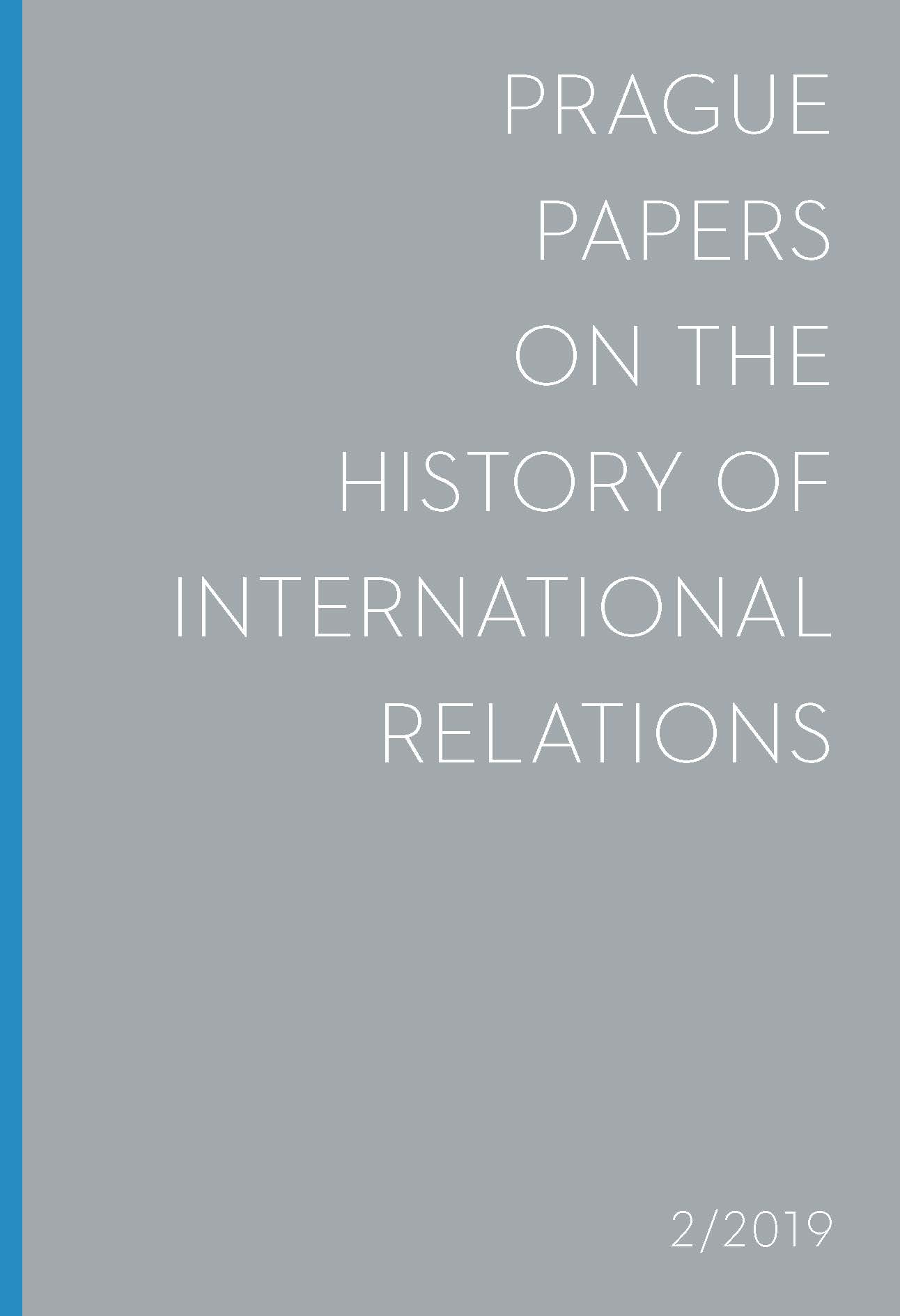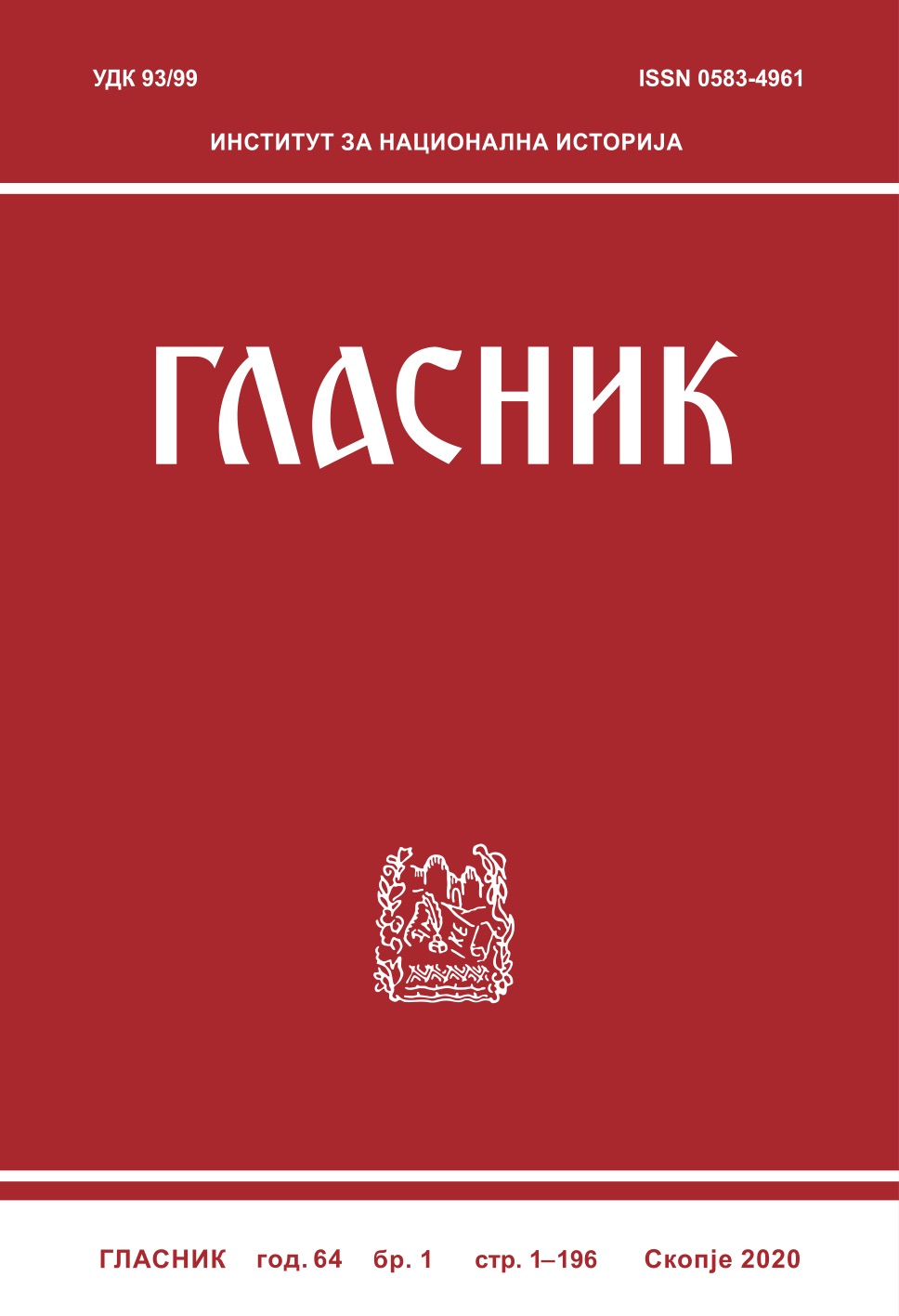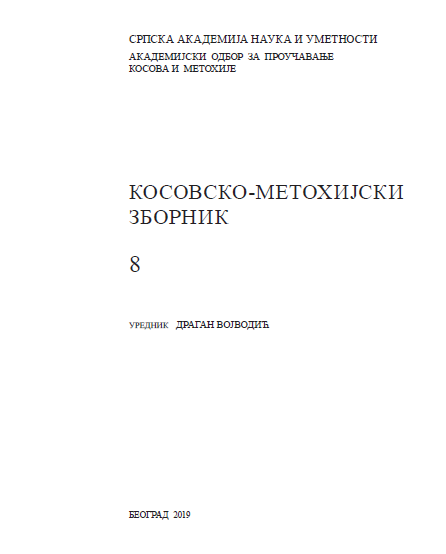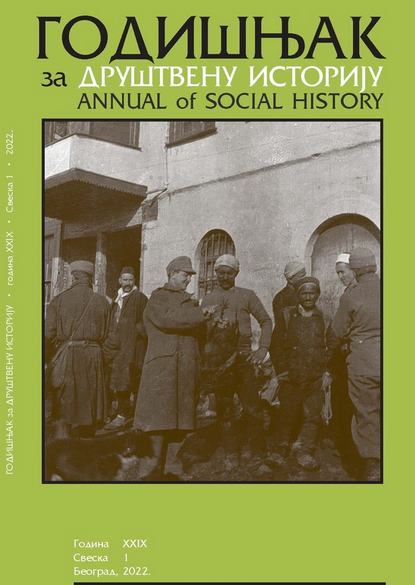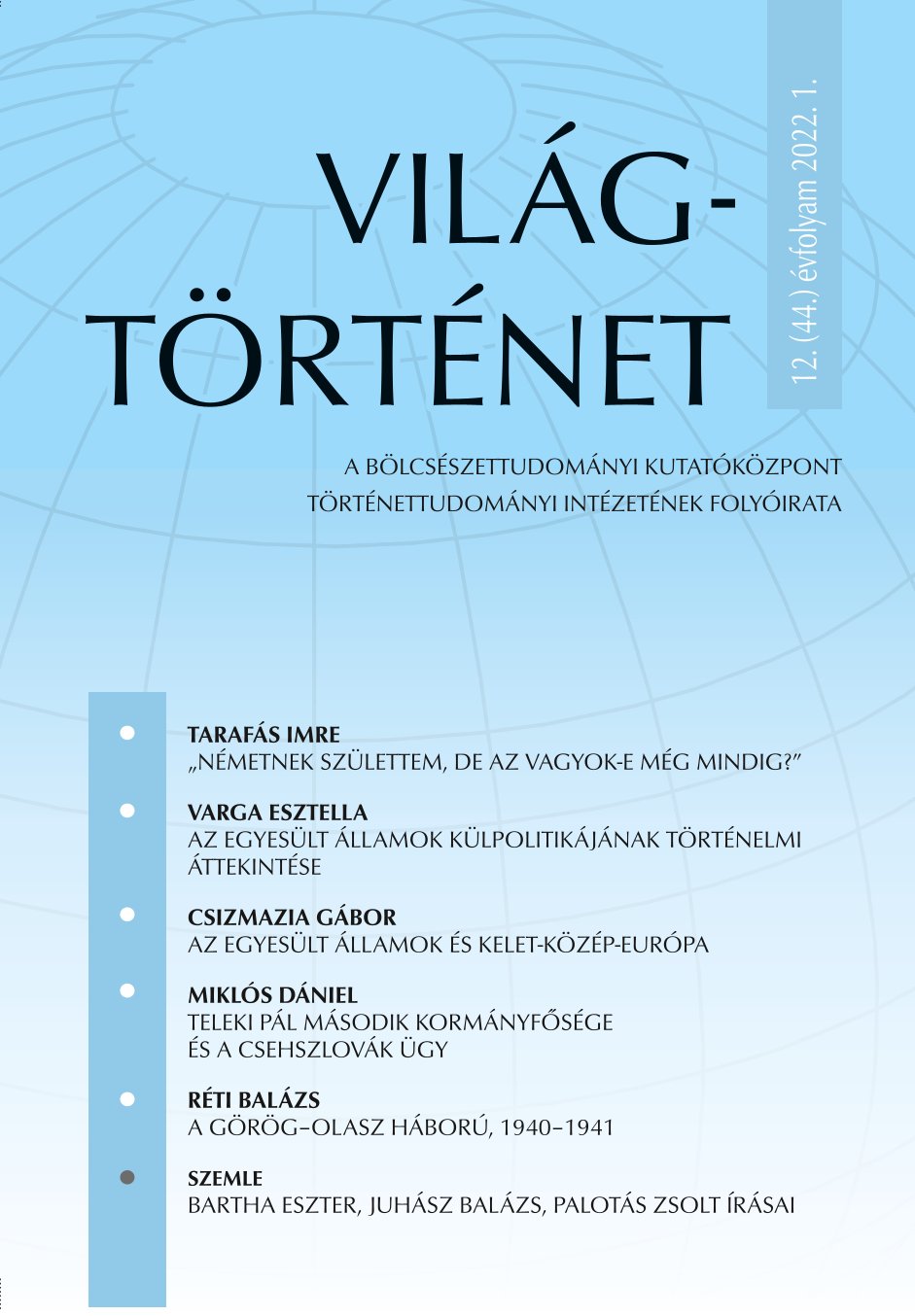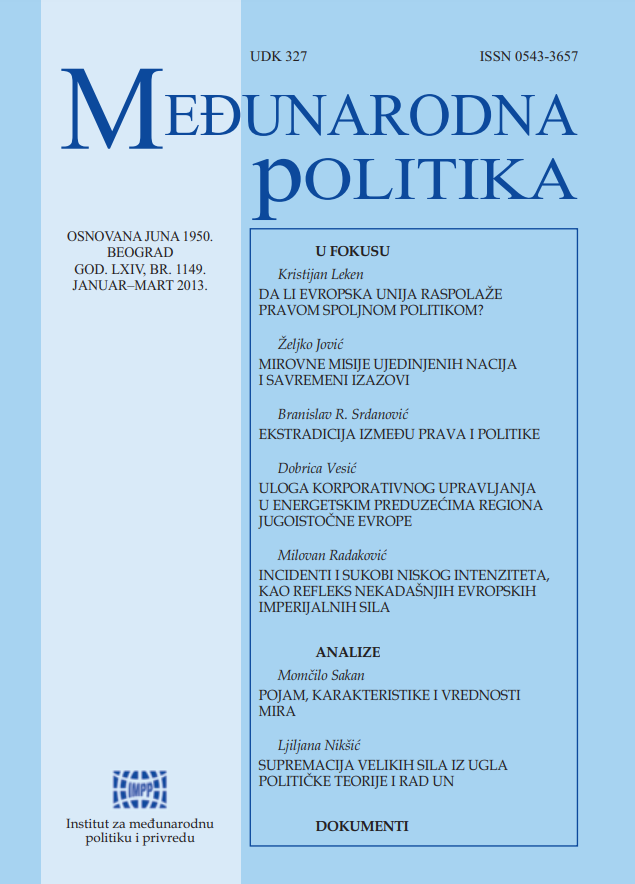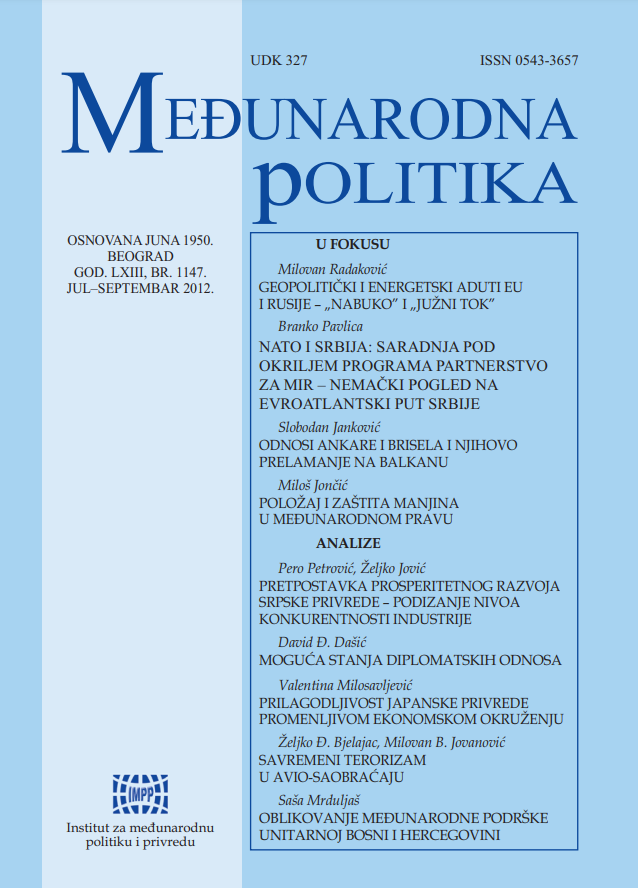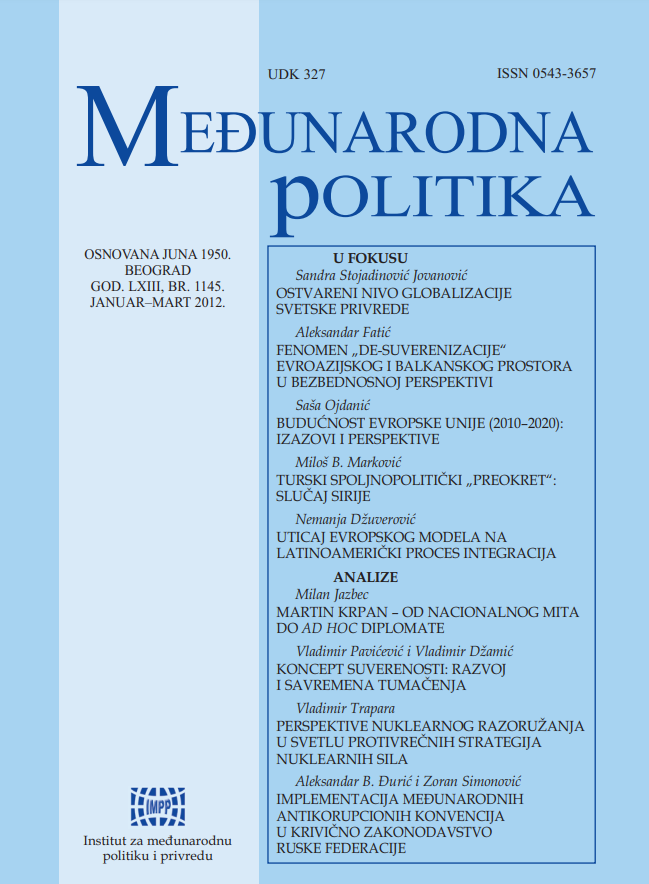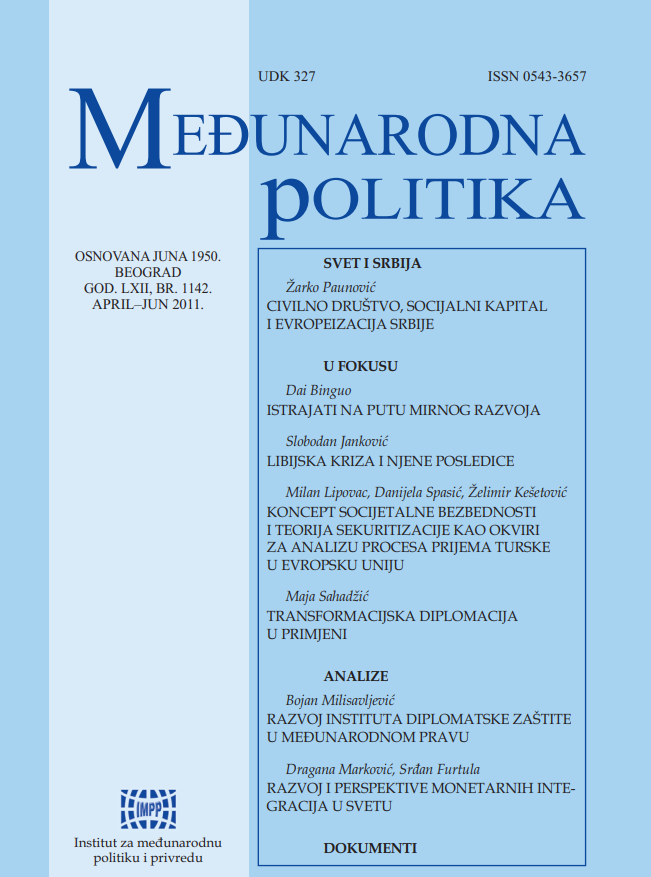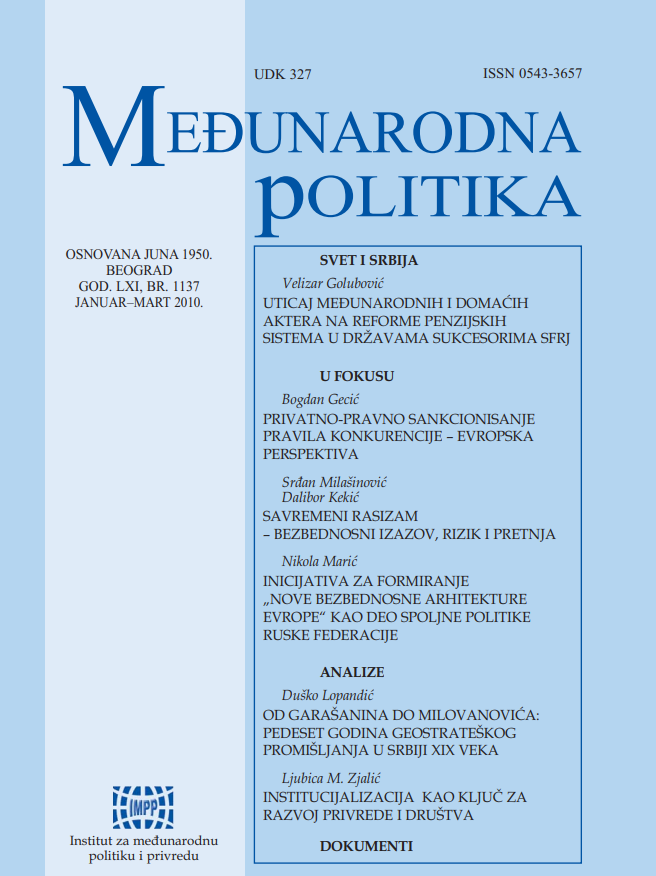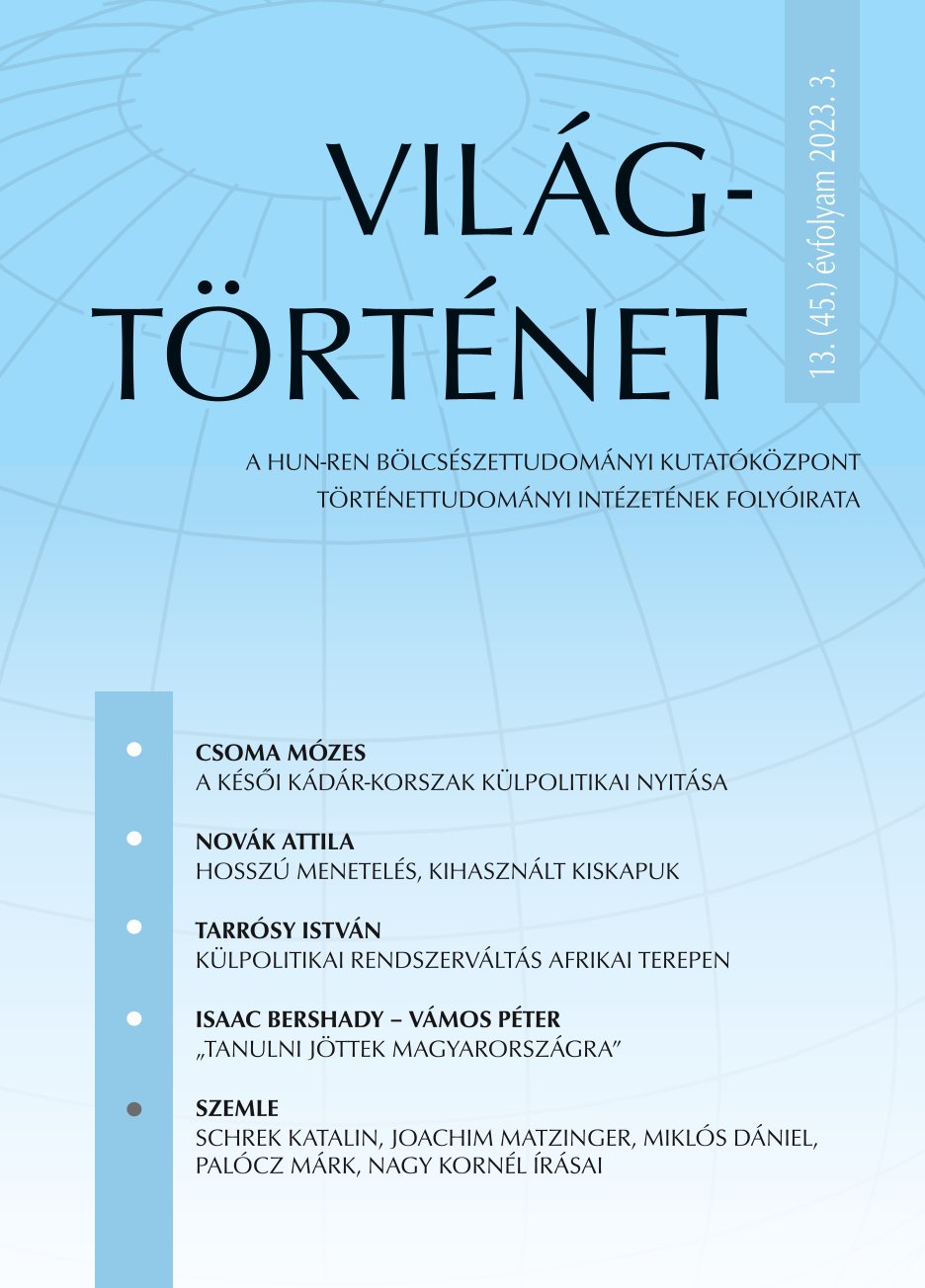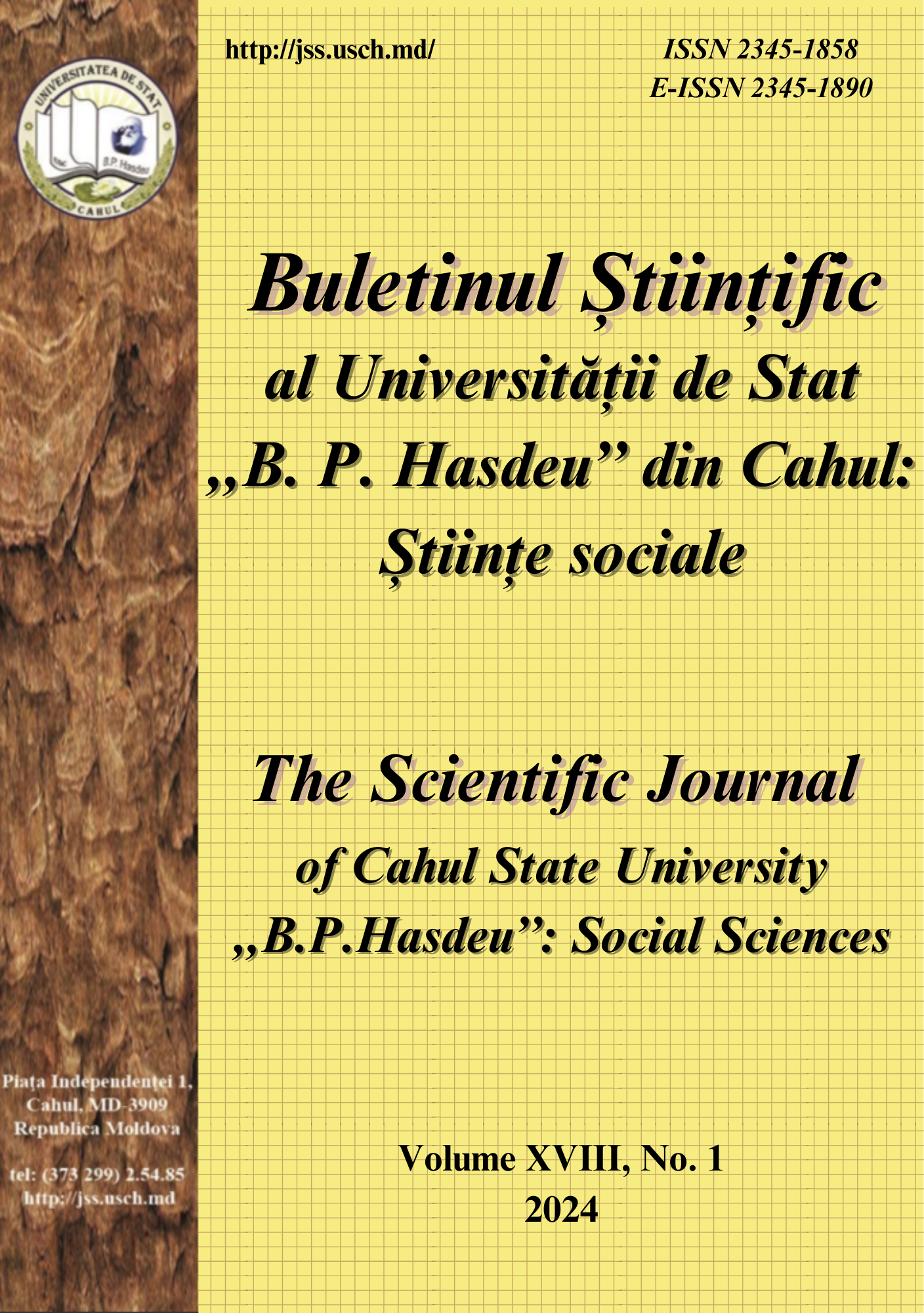The United States and National Self-Determination of Minorities in the ‘Russian Space,’ 1914–1920
The article discusses the political course of President Wilson’s administration regarding issues of national self-determination in Russia during the First World War and 1917 revolution. It was a period when almost every national minority in the ‘Russian Space’ declared its desire for self-determination, and it seemed that this desire was fully consistent with Wilson’s philosophy and foreign policy aims. His approach, however, was significantly different from that of the Russian authorities, as was already evident during the discussion of the ‘Jewish’ and ‘Polish’ questions. The real prospects for national self-determination for minorities in the territory of the former Russian Empire opened up only after the overthrow of Tsarism. However, only the Poles and Finns gained real independence. Despite all disagreements with the Provisional Government and the Bolsheviks, Wilson nevertheless outlined his goal to safeguard the territorial integrity of almost the entire former imperial space. Moreover, the American administration in 1917-1920 refused official recognition not only of the Bolsheviks, but also of a number of nation states that had declared their independence. This policy was enshrined in the key document known as Colby’s note (1920). The author substantiates the argument that Wilson wanted to preserve a united and democratic Russia as a strong partner of the United States in the international arena after the end of the First World War.
More...
